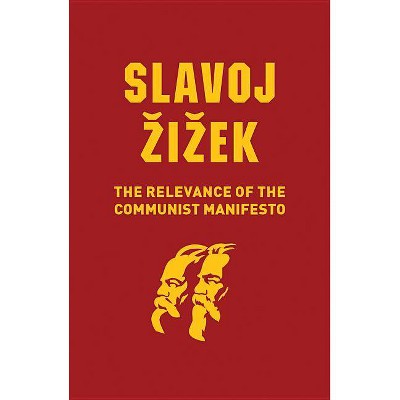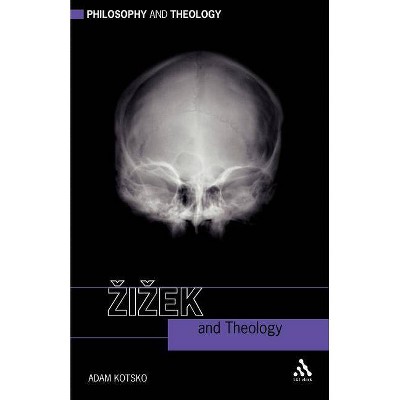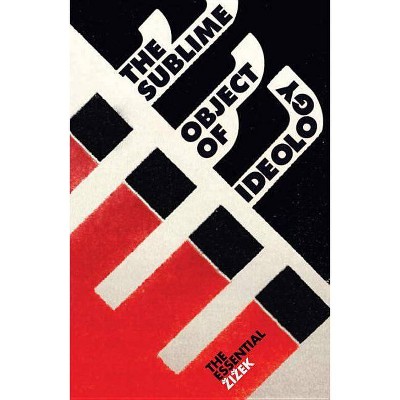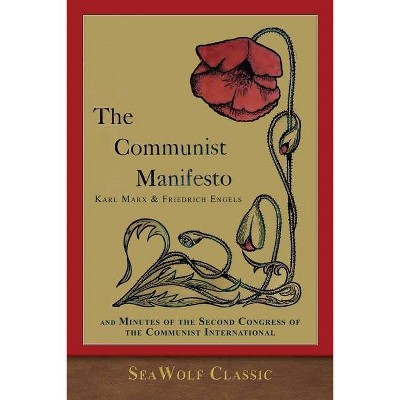Zizek and Communist Strategy - by Chris McMillan (Paperback)
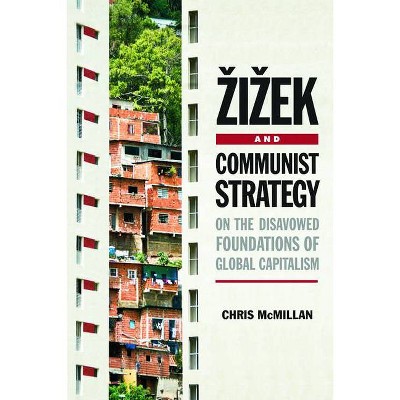
Similar Products
Products of same category from the store
AllProduct info
<p/><br></br><p><b> About the Book </b></p></br></br><p>Communist, conservative, anti-semantic - Slavoj Zizek's work attracts a lot of labels, most of them pejorative. Chris McMillan seeks to identify Zizek's unique and productive contribution to social and political theory, constructing a response to the difficulties of contemporary social theory and the political deadlock of global capitalism.</p><p/><br></br><p><b> Book Synopsis </b></p></br></br><p>Zizek's communism: revolutionary terror or Utopian jouissance? </p> <p>Good theory; bad politics: this is how Zizek's works have been described. Now Chris McMillan argues that Zizek's reading of global capitalism could reinvent political subversion. He highlights the political consequences of Zizek's fundamental concepts, such as the Lacanian Real, universality and the communist hypothesis. He argues that Zizek's turn to Communism represents the ultimate significance of Zizek's work for the 21st century and a marked new direction for Zizekian theory. </p><p/><br></br><p><b> From the Back Cover </b></p></br></br>AUTHOR APPROVED Zizek's communism: revolutionary terror or Utopian jouissance? Communist, conservative, anti-semantic: Slavoj Zizek's work attracts a lot of labels, most of them pejorative. Countering this, Chris McMillan identifies Zizek's unique and productive contribution to social and political theory, constructing his work as a response to the deadlock imposed by global capitalism. He takes issue with the critical positioning of Zizek's output as 'good theory, bad politics' and argues instead that Zizek's politics provide a reading of global capitalism that reinvents political subversion. Highlighting the political consequences of Zizek's fundamental concepts (the Lacanian Real, universality, and the communist hypothesis), McMillan suggests that Zizek's turn to Communism represents the ultimate significance of his work for the 21st century. Key Features: *summarises key applications of psychoanalytic theory to politics and shared social life *produces a sustained reading of Zizek's understanding of the economy and capitalism *considers the specific value of Zizek's work as a form of political action *responds to Zizek's recent reference to the communist hypothesis and 'egalitarian justice' Chris McMillan currently works at Brunel University. He has been a guest editor for the /International Journal of Zizek Studies/.<p/><br></br><p><b> About the Author </b></p></br></br><p>Chris McMillan currently works at Brunel University in London, having been formerly based at Massey University in New Zealand. He has previously published in the International Journal of Zizek Studies, as well as acting as a guest editor.<p>
Price History
Price Archive shows prices from various stores, lets you see history and find the cheapest. There is no actual sale on the website. For all support, inquiry and suggestion messagescommunication@pricearchive.us
